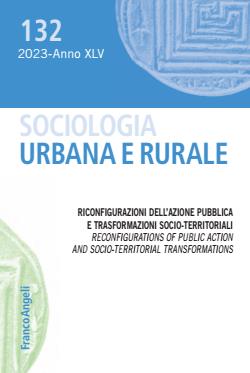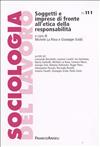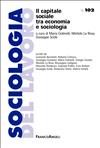
I risultati della quarta indagine sui valori degli europei, una ricerca a carattere internazionale promossa e realizzata dalla European Values Study (EVS). L’indagine ha coinvolto 47 Paesi europei, comparando gli orientamenti di valore maggiormente rilevanti nella vita sociale e nella cultura di ognuna delle popolazioni indagate e offrendo un importante apporto alla conoscenza delle identità culturali delle nazioni coinvolte.
cod. 1571.5











